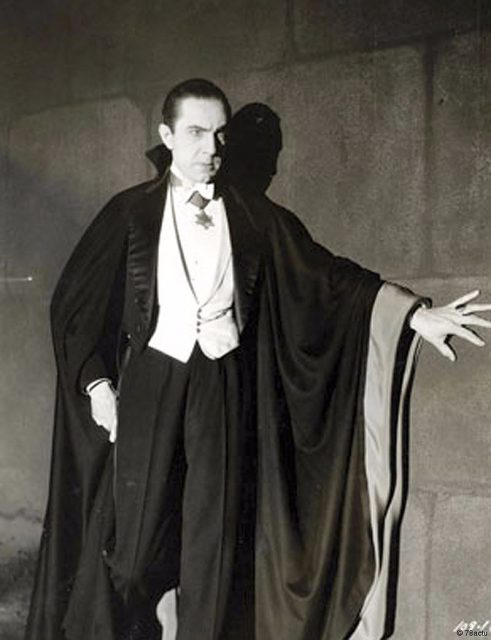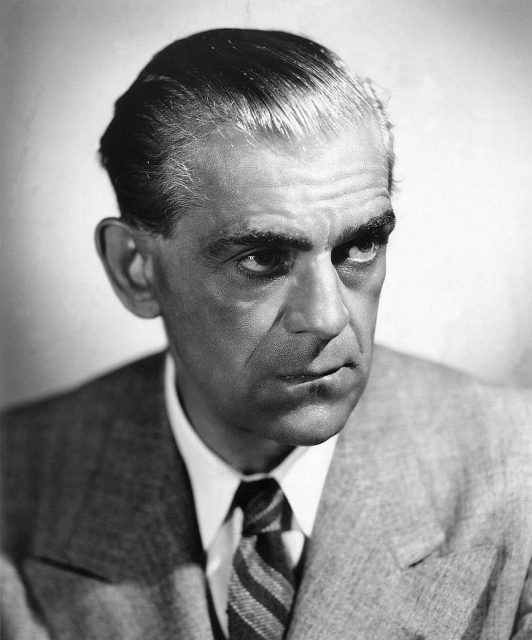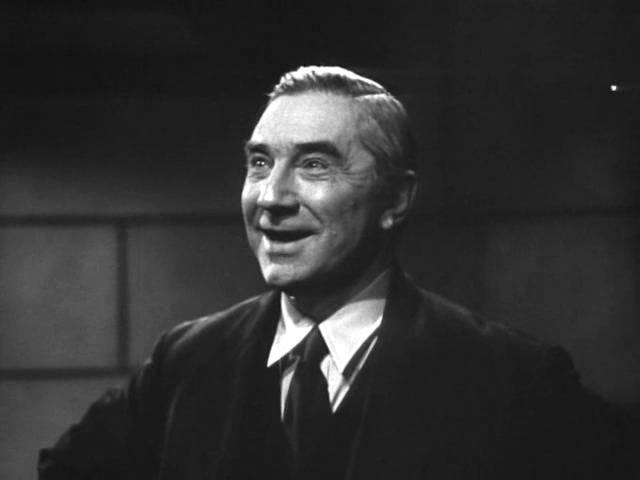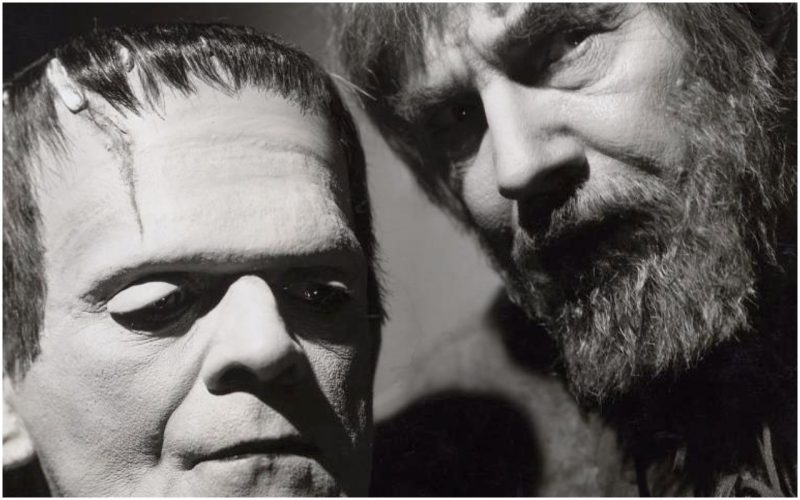At the peak of his career, Bela Lugosi, the famously dark-browed, heavily accented Dracula, turned down the role of Frankenstein, sending his career into a spiral from which it would never recover. Boris Karloff, meanwhile, begged for the role, and his turn as a horrific yet sympathetic Frankenstein made him a global star. Karloff became the “King of Monsters” of the horror-movie boom. As one star rose, the other dimmed, and the inevitable rivalry generated headlines and hurt feelings.
Bela Lugosi, born Bela Ferenc Dezso Blasko in 1882 in Hungary (now Romania), was a theater and silent-film actor in his home country, and later in Germany. He took his stage name from his hometown of Lugos. When he came to the U.S. after World War I, his English was so spotty that he memorized his lines phonetically, sometimes not even knowing their meaning.
In 1927, he landed the role of Dracula on Broadway, and was by all accounts a success, inhabiting the role with his impressive eyebrows and playing up his accent to dramatic effect. Lugosi toured the country in the role for the next few years, but despite critical acclaim, he almost didn’t get to play the part in the movie. The studio wanted a more famous screen star.
Lugosi landed the role, however, and when it premiered in 1931, Dracula was such a huge hit, it propelled the horror-movie genre into pop culture. The next obvious move was a film adaptation of Frankenstein. The studio brought the brooding actor in to do a screen test for the role of the Monster, though he didn’t want it. He didn’t want to be typecast; he wanted much grander roles. Perhaps in an act of self-sabotage, Lugosi allegedly bumbled through the reading. The test reel was supposedly so bad that the studio head kicked him off the project, even as illustrations advertising the movie ran in newspapers, with Lugosi’s name attached. Because the convention of Frankenstein productions at the time was to credit the Monster with “?” instead of an actor’s name, people came to the premiere expecting to see Lugosi.

The role went instead to Boris Karloff, who ran into the movie’s director in the studio commissary and begged for a screen test.
No one expected him to emerge a star. “My father wasn’t even invited to the premiere,” Sara Karloff told the BBC in 2011.

Though his name suggests other origins, when “Boris Karloff” was born in London in 1877, his real name was William Henry Pratt. His father was a respected commissioner of customs, and young William went to college with his family anticipating he would pursue the dignified career of a diplomat. Instead, he took off for Canada and adopted the more colorful stage name of Boris Karloff, perhaps to protect his family’s reputation. Despite the fact that his speech was marred by a stutter and a lisp, he toured the United States for ten years with a theater troupe before landing bit roles in silent films.

Karloff’s role as Frankenstein launched his career as “the King of Monsters.” He returned to the role in Bride of Frankenstein and Son of Frankenstein, and appeared in 90 movies during his 60-year career. To this day, during the holiday season, his voice reverberates through countless U.S. homes as the narrator of the Christmas TV special The Grinch Who Stole Christmas. Despite his monstrous image, Karloff was actually a sweet and shy man, who delighted in entertaining children. At Christmas, he dressed as Santa and handed out gifts to children in a Baltimore hospital. For many years, he hosted a children’s show on WNEW radio in New York City.

However, Lugosi never again achieved the level of fame as he had with Dracula, which rankled. He auditioned for roles that went to more conventional actors like Lionel Barrymore. Lugosi and Karloff would appear in five films together, but Lugosi always got second billing. Lugosi appeared in Son of Frankenstein as Ygor, but was annoyed that Karloff was billed ahead of him.
Newspapers of the time played up the rivalry between Dracula and Frankenstein. Studios capitalized by screening both movies together and having the actors show up at theaters. Some said the two sniped at each other on film sets, other suggested Lugosi was jealous of the British actor’s rising fame. Boris’s daughter Sara said the rumors of animosity were simply untrue. There was no “personal animosity or professional jealousy,” she said, according to the 2011 BBC story. “That was all studio hype, and it worked. The studios fed on that, and it made for good box office.”

Lugosi’s fortunes fell even further when he began suffering lower-back problems. Eventually, he became addicted to the opioids doctors prescribed to treat the pain.
In his later years, he appeared in some of the most unfortunately awful and unintentionally hilarious horror movies ever, Bride of the Monster and Plan 9 From Outer Space, directed by Ed Wood.
Lugosi did eventually have the chance to play the flat-headed monster, in Frankenstein Meets the Wolf Man. His line readings were so bad, they were cut entirely from the film, and we are left with the image of Lugosi shuffling along with his arms outstretched—a pose countless schoolkids adopt when they pretend to be scary monsters.
